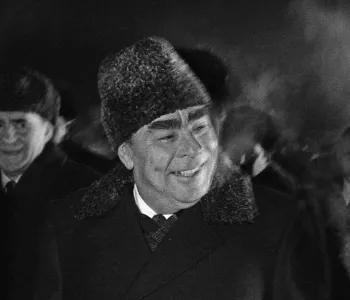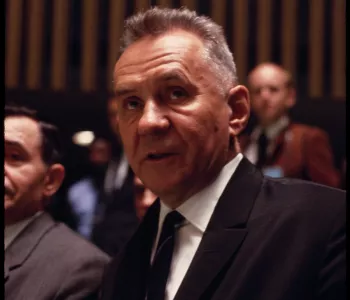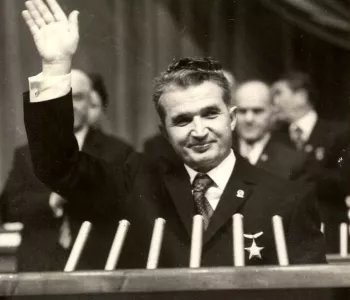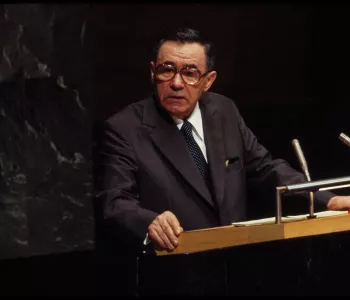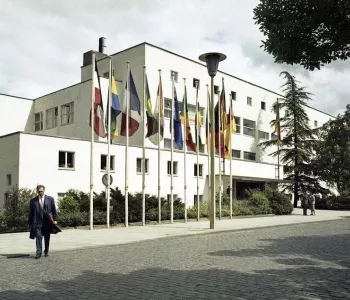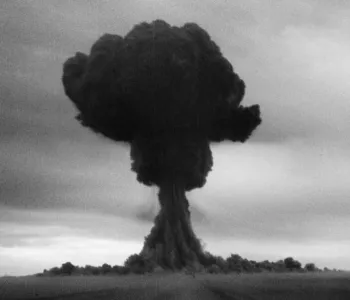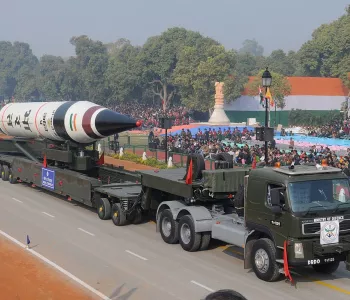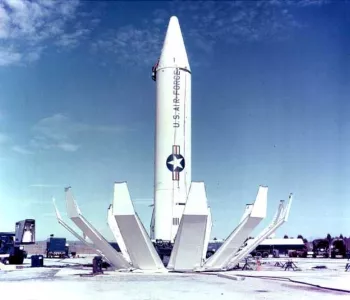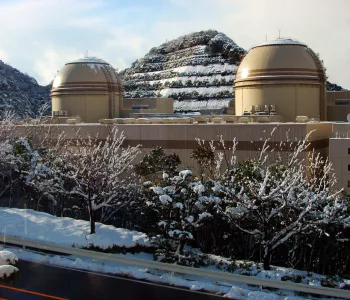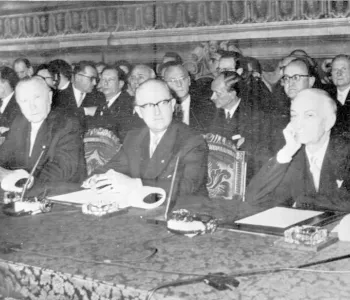The Treaty on the Non-Proliferation of Nuclear Weapons or Non-Prolfieration Treaty (NPT) is an international treaty developed to prevent the spread of nuclear weapons technology. Between 1965 and 1968, the treaty was negotiated by the United Nation's Eighteen Nation Committee on Disarmament. The treaty was first opened for signatures in 1968 and entered into force in 1970. See also the 1995 NPT Review and Extension Conference collection. [Image: US Ambassador Llewellyn E. Thompson signs the NPT as Soviet Foreign Minister Andrei A. Gromyko watches in Moscow, Russia, on July 1, 1968.]

